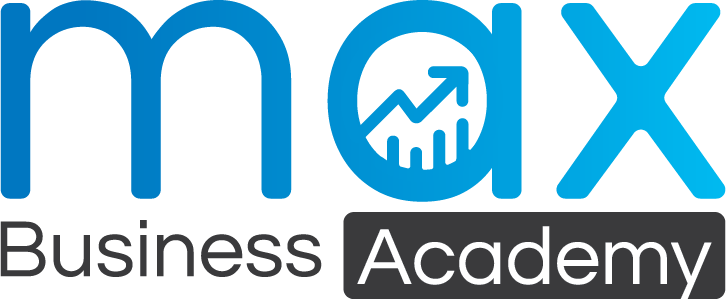Financing a business off the ground is no walk in the park. However, there are things that you can do now that will steer your business in the right direction when it comes to getting a business loan approved. Before you go applying for a business loan, these are the four things that you need to know in order to increase your chances of being approved to allow your business to grow from strength to strength.
- Have a solid business plan
This might seem like a no-brainer. You need to know your business in and out. This means also means that you have to crunch the numbers to know how much it will take to push it into lift-off. You know the adage, ‘if you fail to plan you plan to fail?’ Lenders see this as one of the crucial factors when it comes to deciding on whether to fund you or not.
According to Dynamic business, SME businesses in Australia have the potential of generating $150 billion a year. However, only $77 billion is lent to SMEs in Australia which means only half the market is successful at accessing capital each year.
Whether you are a novice to the game or a seasoned business person, any lender will want to see a business plan from you that shows them that they are investing in a business that has a clear vision and realistic view of how they are going to achieve this vision. Your executive summary of the business plan can either hook or sink your chances of getting your loan approved.
- Keep a top of the paperwork
Keeping your documents in order can be one of the least exciting things of running a business, but in order to get your financing up to scratch, you will have to keep a tight leash on your paper trail. This means you have to keep an ordered and transparent state of affairs when it comes to your businesses finances. This will help lenders quickly spot where your business is, whether it will be able to generate enough money to pay back the loan, and where the future of your business is headed.
It will also convince them that they are not investing in a shoddy fly by night business that can be a huge risk to their pockets. Having your documents in order will ensure that the application process is a smooth one when it comes to approving the business loan. What you need to ensure is that:
- You keep your accounting records up to date
- Tax records need to be up to date
- Hire a professional who will be able to keep your books up to date and balance the numbers correctly.
- Check your credit score
The only way you can possibly maintain a good credit score that will make potential lenders nod in the direction of approving your business loan is by checking your credit score. You know that score that you keep reminding yourself to check, but somehow slips your mind every time?
It will work in your favour if you check this before you apply for a business loan. This will help you spot any holes in your report that might cause future lenders to reject your application. Knowing what will hurt your credit score will also help you know what needs to be fixed. It will also give you time to see how you can build a stronger credit score.
Got rejected? Take your time to re-apply for a loan by fixing whatever issues that caused you to be denied in the first place. You can do this by requesting an explanation as to why you were rejected by the previous lender you applied to. Keep in mind that applying for too many loans at once can reflect poorly on your credit score.
- Know what type of loan is right for your business
Not all loans are created equal, and not all loans will match your businesses needs. It is crucial that you know what type of loan will best work for your business. Speaking to a broker or a financial advisor that an expert in business loans will help you get a better insight to what type of loan will match your business’s needs without crippling it before it even takes off. Other factors that you can consider before getting a loan are:
- Do you meet the requirements?
- How much do you need to borrow?
- How long will you need the loan for?
- Will your business be able to afford the interest rate, fees, and ongoing costs that come with the loan?
- Have you considered the terms of the loan?
- Will a fixed or variable rate work better for your business?
Author bio: Bill Tsouvalas
Bill Tsouvalas is the founder and CEO of Savvy, one of Australia’s leading financial institution. Established in 2010, Bill turned Savvy into one of BRW’s fastest growing companies in 2015. He frequently shares his knowledge and ideas on finance, mortgage, money and investment in the media.









